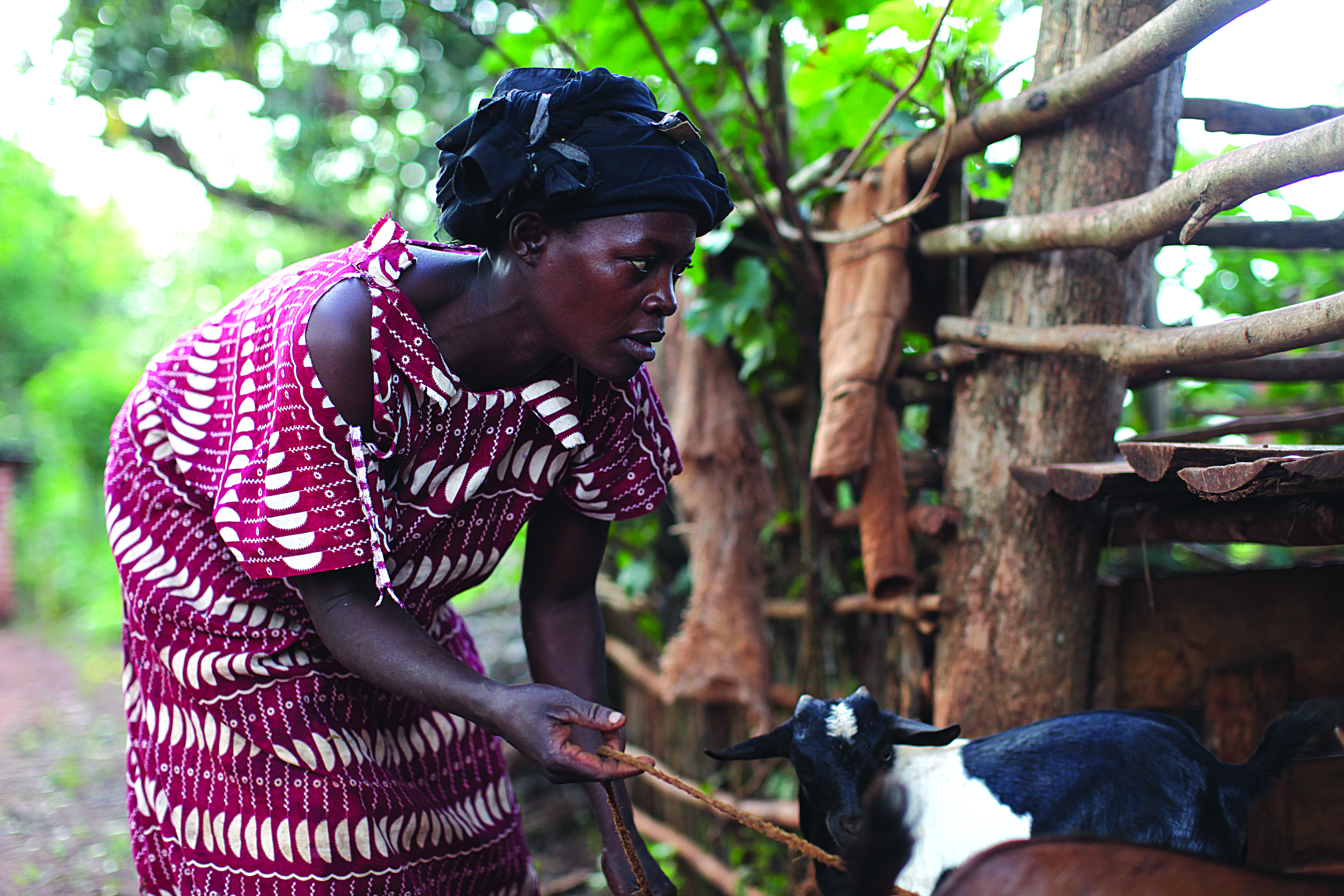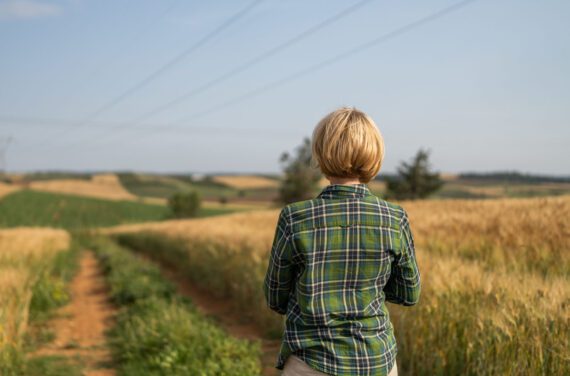In mid-April, the House and Senate each passed its own version of the Global Food Security Act, an important piece of legislation for the U.S. government in addressing hunger overseas.
Last week, the House Foreign Affairs Committee considered and passed the Senate’s version of the act (S. 1252). This is the way Congress is choosing to reconcile the two versions of the bill that were passed in each chamber. The next step is for the House of Representatives to vote on the Senate version (S. 1252).
The bill would make the U.S. government’s Feed the Future initiative permanent, a major reason for Bread’s advocacy on the bill.
To help Bread activists understand what this bill would do — how a permanent Feed the Future program would continue to build on its successes — Bread staff talked to Kelly Wilson, a senior at Wheaton College in Wheaton, Ill. The environmental science and Spanish major had been part of a webinar for Bread activists in March where she spoke about her work last year with small-scale farmers in Nicaragua as part of Wheaton’s Human Needs and Global Resources program.
The following are excerpts from a Q&A with Wilson conducted by Zach Schmidt, one of Bread’s regional organizers in the Midwest.
Q. Drought has been a major challenge facing the region and the farmers with whom you worked. How do you reflect on both the struggle and the hope you witnessed in Nicaragua in light of your Christian faith?
A. El Niño has greatly reduced precipitation and increased temperatures in much of Central America for the past three years. This has resulted in lost seed, food scarcity, reduced access to water, and separation as family members leave to find work and provide daily bread. With the families who welcomed me into their homes and communities, I waited and waited for the rain that seemed like it would never come, as they placed their faith and hope in God and worked to adapt. Through this challenge, I was sustained by the community of believers: my Christian supervisors and co-workers at Fundación San Lucas, my host family, and the faithful farmers who looked to God for their strength and placed their trust in Him.
In late September, when the drought was at its worst, Francisco Moraga, the director of Fundación San Lucas, sought to encourage community members in El Manantial in his weekly devotional message. After reading Psalm 23, Francisco posed the question How can we trust in the promise of God that says, “Jehovah is my shepherd, I will lack nothing” in the middle of drought? We lack seed. We lack food. We lack water. We lack rain. Yet even in the midst of these struggles, Francisco consistently emphasized the importance of hope and trust in God.
In the same spirit, I asked myself How does this Psalm of provision, abundance, and care make sense when the rural poor lack so much? Where are the green pastures and the quiet waters? And in what ways is the Lord’s goodness and love following these farmers and their families in these days of scarcity?
While in Nicaragua I asked these questions over and over again. I looked for hope and found it by learning and listening to my wise Nicaraguan brothers and sisters. Through their witness, I found it possible to trust that God spoke the final word of life even in the time of drought and death.
Q. Based on your experience, what is one message you most want to communicate?
A. Faith and spiritual needs must not be divorced from other human needs — material, emotional, systemic, and relational. Faith rightly impacted farmers’ response to drought, which was evident in their daily decisions made in hope and characterized by resilience. When the material and the spiritual are integrally tied both in theory and in practice, there is potential for empowering transformation: simultaneously trusting in the hope of the kingdom of life — God’s love and provision — while taking active steps to realize the kingdom in the everyday.
Q. After speaking on a recent Bread webinar and learning more about the Global Food Security Act, you decided to write to your own congressman in support of the bill. What led you to do this?
A. I love and am for small-scale farmers. The work of cultivating the land for life is beautiful. After my time in Nicaragua, especially during a season of drought, I learned how vulnerable people become when creation fails to provide for them due to environmental degradation and climate change and the challenges to food security, water access, and family stability that result. Investing in small-scale agriculture and adaptation measures sustainably improves people’s lives and leads them more fully into the reality of the kingdom of God, which was already inaugurated in Jesus. This equips people to “plant vineyards and eat their fruit” (Isaiah 65:21). Vocally supporting the Global Food Security Act is a small way of exhorting our government to use resources in a way that reflects the reality of the kingdom.



